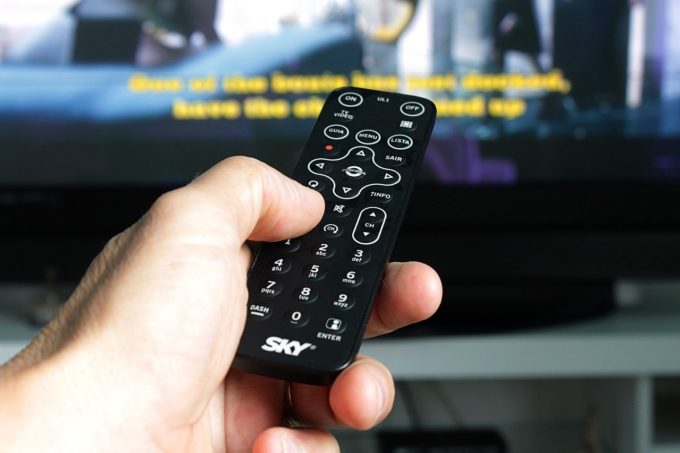Complaint for Patent Infringement, Rovi Guides, Inc. v. Comcast Corp., No. 2:18-cv-00253 (C.D. Cal. Jan. 10, 2018); Complaint for Patent Infringement, Veveo, Inc. v. Comcast Corp., No. 1:18-cv-10056 (D. Mass. Jan. 10, 2018). Complaints (CA/MA) hosted by IPWatchdog.
On January 10, 2018, two subsidiaries of TiVo Corporation (“TiVo”) brought patent infringement actions against Comcast Corporation (“Comcast”) seeking enhanced damages and injunctive relief. If granted, the injunctions would prevent Comcast from selling set-top boxes and other products with the disputed features. These complaints are the latest steps in a litigation campaign that TiVo has brought against Comcast since their license agreement expired in March 2016.
TiVo subsidiary Rovi Guides, Inc. (“Rovi Guides”) is the listed plaintiff for the infringement complaint brought in California. Rovi Guides claims that Comcast knowingly violated U.S. Patent Nos. 7,827,585; 9,294,799; 9,369,741; 9,578,363; 9,621,956; and 9,668,014, which include functionality like pausing and resuming shows on different devices and restarting live programming in progress. The complaint alleges that Comcast has continued to manufacture, use, and distribute receivers and set-top boxes that use Rovi Guides’ technology despite the expiration of their license agreement in March 2016.
TiVo subsidiary Veveo, Inc. (“Veveo”) is the listed plaintiff for the infringement complaint brought in Massachusetts. Veveo claims that Comcast knowingly violated U.S. Patent Nos. 7,779,011 and 7,937,394, which cover content search functionality. Veveo entered into a license agreement with Comcast in 2010 under which it adapted its advanced search technology to Comcast’s X1 interactive programming guide. The complaint alleges that Comcast secretly used Veveo’s product to build a replacement and then terminated their agreement. Veveo asserts that Comcast continues to use the infringing technology as a part of the X1 platform.
These complaints are the latest round in a long-running fight. According to the complaint, Rovi Corp. (“Rovi”), which later merged with TiVo, entered into 12-year fixed-term licensing agreements in 2003 and 2004 with all of the largest pay-TV providers in the United States. Comcast is the only member of that group that did not renew their license. In April 2016, after Comcast declined to renew their license, Rovi and Rovi Guides brought a patent suit against them in the Eastern District of Texas. Complaint for Patent Infringement, Rovi Guides, Inc. v. Comcast Corp., No. 2:16-cv-321 (E.D. Tex. Apr. 1, 2016), complaint hosted by IPWatchdog. Rovi also brought a complaint before the International Trade Commission (“ITC”), a government agency that can hear patent disputes and ban infringing products from entering the country. In November 2017, the ITC ruled that Comcast infringed two of the six patents under dispute and issued an exclusion order, barring the importation and sale of X1 set-top boxes infringing upon those patents. Certain Digital Video Receivers and Hardware and Software Components Thereof, 82 Fed. Reg. 56,268 (Nov. 21, 2017) (final determination). As a result, Comcast had to remove remote recording features from their X1 platform.
In a statement accompanying the most recent filings, Enrique Rodriguez, President and CEO of TiVo, said: “Our goal is for Comcast to renew its long-standing license so it can continue providing its customers the many popular features Rovi invented.” In response, Comcast has told media outlets that it independently created its X1 products and intends to aggressively defend itself against these lawsuits. TiVo also stated that it plans to file additional actions against Comcast with the ITC regarding the patents mentioned in January’s filings. The company will seek a new exclusion order to further restrict the importation of X1 set-top boxes into the United States.
Connor Tweardy is a 1L student at Harvard Law School.
